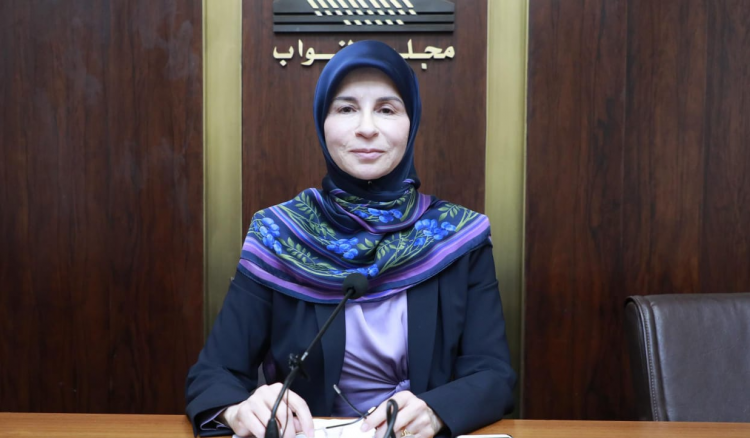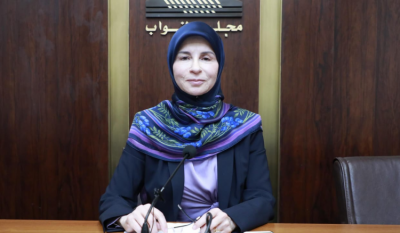Inaaya Ezzedine, the head of the Committee for Women and Children in Parliament, has called on relevant authorities to conduct a comprehensive study of all imported and currently available baby food and infant formulas in the Lebanese market to ensure their compliance with Lebanese standards set by the Libnor institution. She emphasized the need for the relevant administrations, especially the Ministry of Public Health, to adhere to these standards issued through mandatory decrees and to ensure appropriate monitoring and verification of the accuracy of testing conducted by concerned laboratories.
Ezzedine also requested the Ministry of Health to provide a complete roadmap for the entry of baby and infant foods into the country to determine responsibilities and address any flaws in the existing mechanisms, aiming to put an end to the crime of non-compliance of imported baby food with specifications. She highlighted the importance of ensuring there is no collusion by certain importers that facilitates the entry of these goods into Lebanon.
Ezzedine's remarks came after chairing a meeting of the Parliamentary Committee for Women and Children dedicated to this issue, attended by representatives from the Ministry of Health, UNICEF, the World Health Organization, the Director General of the Ministry of Economy, the Executive Secretary of the National Council for Scientific Research, and the Director General of the Lebanese Standards and Specifications Institution - Libnor, in addition to a nutrition specialist from the American University of Beirut.
She noted that the investigation into this matter was prompted by a report published by the World Health Organization indicating that many baby food products with global brand labels entering some developing countries do not meet health specifications and differ from those entering wealthy countries under the same brand name.
She pointed out that following communication with relevant parties, it was revealed that the National Council for Scientific Research conducted research in 2021 on various baby formulas and foods for children under five, totaling 117 imported products. This study showed that some products contained 80% saturated fats per 100 grams, with hydrogenated oils reaching 45% in some items. It is known that these oils contribute to obesity, leading to numerous health issues, which poses risks to children’s health and incurs high healthcare costs.
The study also revealed the presence of trans fats at varying levels that exceed globally permissible limits, leading to chronic health issues among children due to repeated exposure. Additionally, some products had added sugars that surpassed 35% in items such as biscuits and cornflakes. Surprisingly, added sugars in baby milk exceeded 5% for infants aged between 1 and 3 years.
Furthermore, the rate of obesity and overweight among children in Lebanon has increased from 18.9% between 2004-2021 to 26% in 2023, a notably high number, especially since the global rate of childhood obesity ranges from 5.7% to 9%.
Ezzedine added that the most alarming issue is the non-compliance of product labels with their contents, which constitutes blatant consumer fraud. She considered this issue to be extremely serious, requiring urgent action to reveal the truth of the situation and rectify any shortcomings without delay. She assured that the committee would follow the matter rigorously and diligently.




